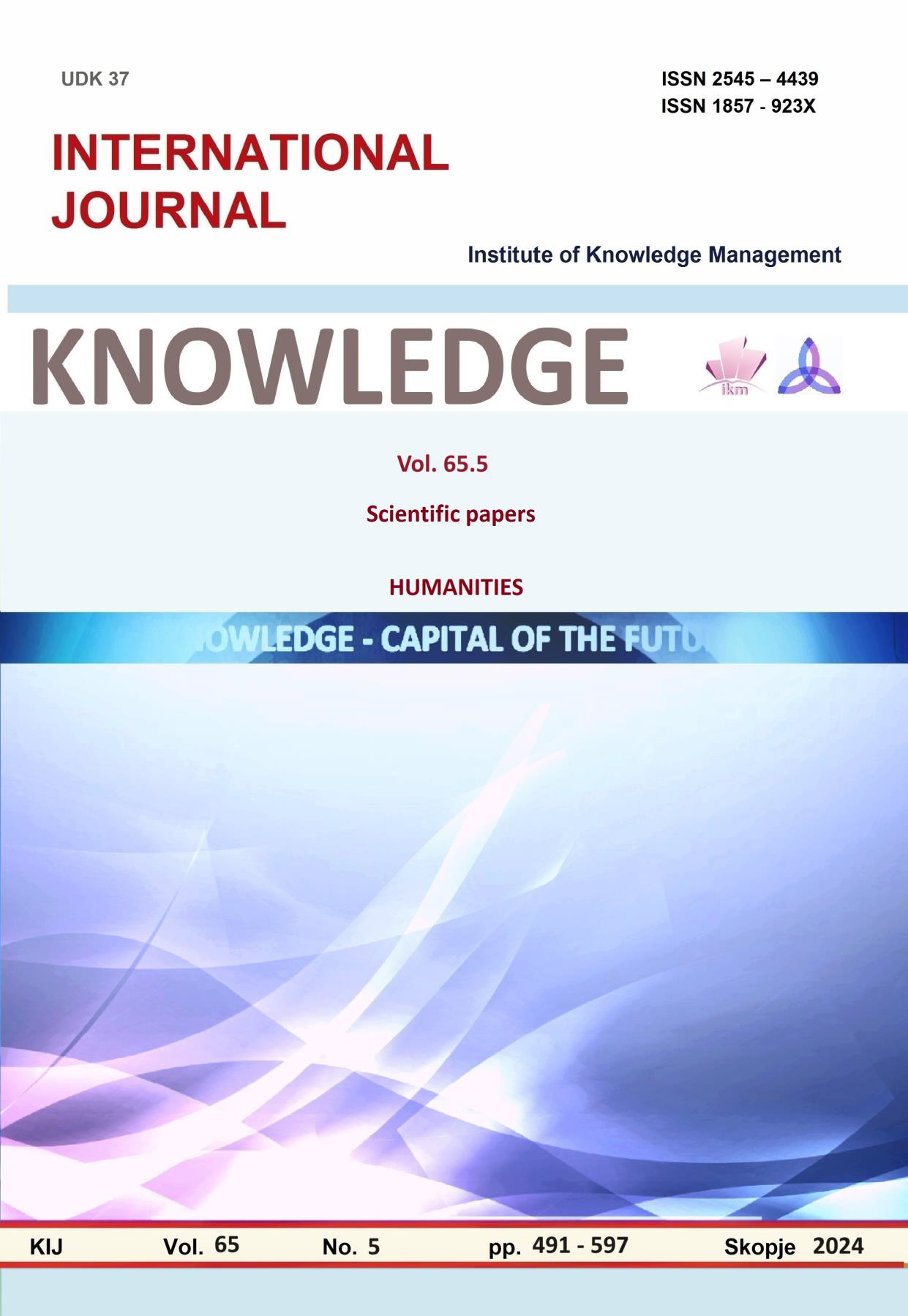SMART CITY AND THE MODEL OF VOCATIONAL EDUCATION AND TRAINING: NEW TRENDS, ADVANTAGES AND CHALLENGES
SMART CITY AND THE MODEL OF VOCATIONAL EDUCATION AND TRAINING: NEW TRENDS, ADVANTAGES AND CHALLENGES
Author(s): Iliyan VasilevSubject(s): Social Sciences, Education, Vocational Education, Sociology of Education
Published by: Scientific Institute of Management and Knowledge
Keywords: smart city;VET;integration;trend
Summary/Abstract: The article examines some of the trends, benefits and challenges of smart cities in the context of vocational training and education. Smart cities are transforming the urban environment with an emphasis on technology, sustainability and improved quality of life. This research aims to understand how these changes affect the skills needed by the workforce and how vocational education programs can adapt to meet these changing demands. Identification attitudes and opinions (including those of experts), how existing professional programs can be adapted in smart cities to include training in these new skill areas with a standardized survey, qualitative analysis.Transboundary pressing problems that professional education must solve to integrate into smart cities are analyzed. It is also emphasized on the essential role of professional education, as a leading pillar for the realization of smart cities, leading to the positive transformation for social progress. By integrating technology, education and urban development, smart cities can pave the way for a future where every individual can contribute to and benefit from the collective prosperity of the smart city. Joint efforts and a shared vision for inclusive progress will be instrumental in building a world where innovation and sustainability are at the heart of urban evolution, creating a legacy of empowerment and resilience for future generations. As smart cities continue to evolve, the integration of data-driven insights, citizen engagement and co-creation will play a central role in shaping the socio-economic landscape. Citizen participation, transparency in governance and the use of analytics will enable smart cities to make informed decisions that increase the efficiency, sustainability and inclusion of urban spaces.The journey towards inclusive and sustainable smart city development and vocational education integration is a multifaceted approach that emphasizes collaboration, innovation, data-driven decision-making and citizen engagement. Adapting to these new trends in education and urban development also requires a reevaluation of traditional teaching methods. Integrating technology into vocational education programs not only cultivates skills for the future, but also offers opportunities for personalized and accessible learning experiences. The main accent is set on what should be the characteristics of vocational education that could fit with the tendencies of the intelligent city environments and be congruent with the future trends.. By embracing these pillars and maintaining an environment of continuous learning and adaptation, smart cities can position themselves as centers of opportunity and progress, where technology serves as a catalyst for positive transformation and societal progress.
Journal: Knowledge - International Journal
- Issue Year: 65/2024
- Issue No: 5
- Page Range: 529-535
- Page Count: 7
- Language: English

